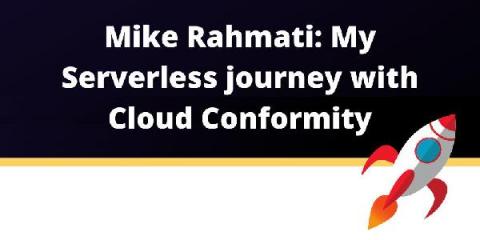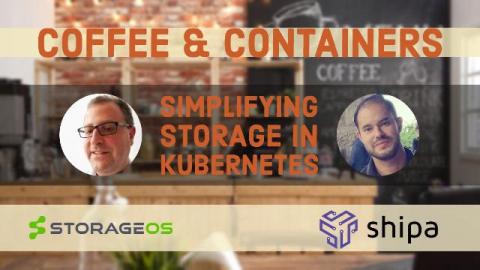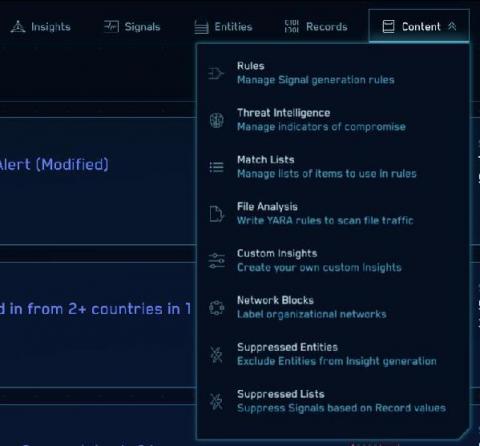Cost per Tenant: A Key Part of the AWS Well-Architected Strategy SaaS Lens
Multi-tenancy is one of the key properties of any effective SaaS solution. It gives companies the economies of scale, elasticity, and operational efficiency to offer competitive products with strong margins. However, multi-tenancy has a tradeoff: cost visibility. Because customers share AWS resources in multi-tenant architecture, the billing data shows the resources you’ve utilized, but not by who or to do what. It’s possible to build this kind of visibility in.











